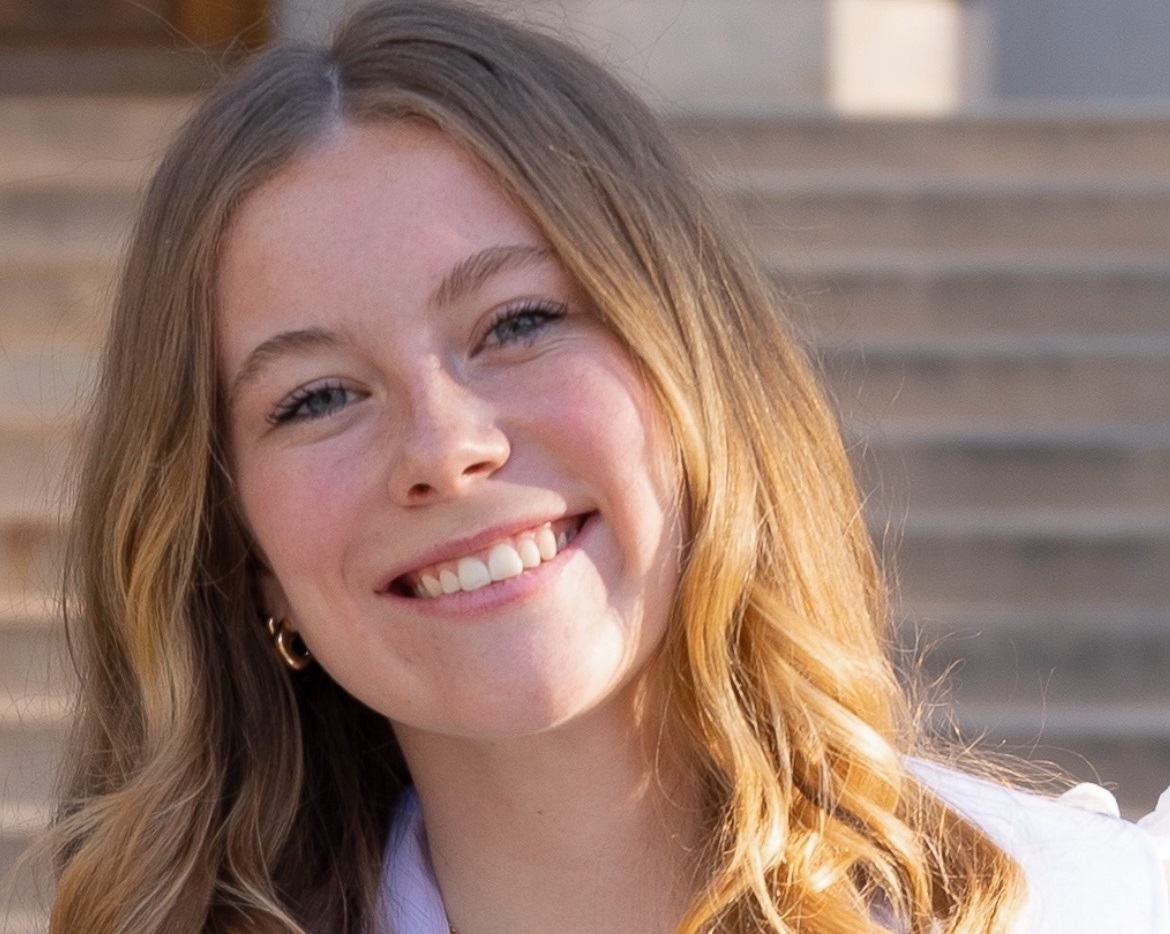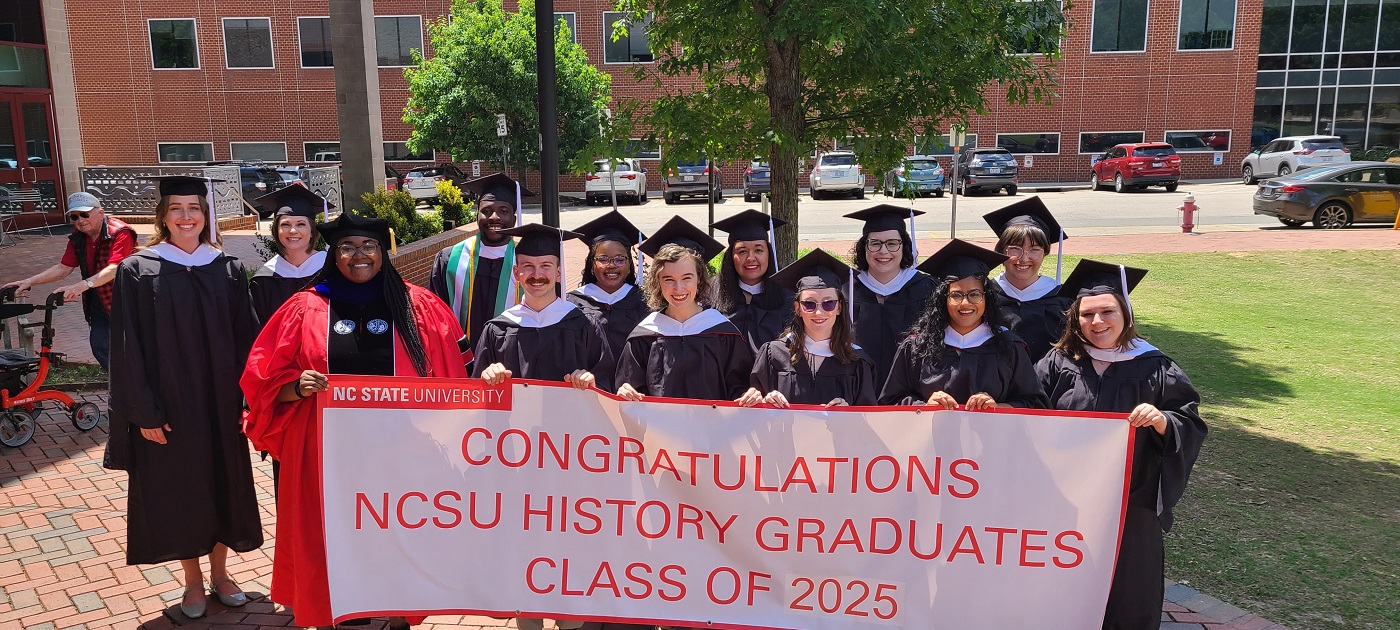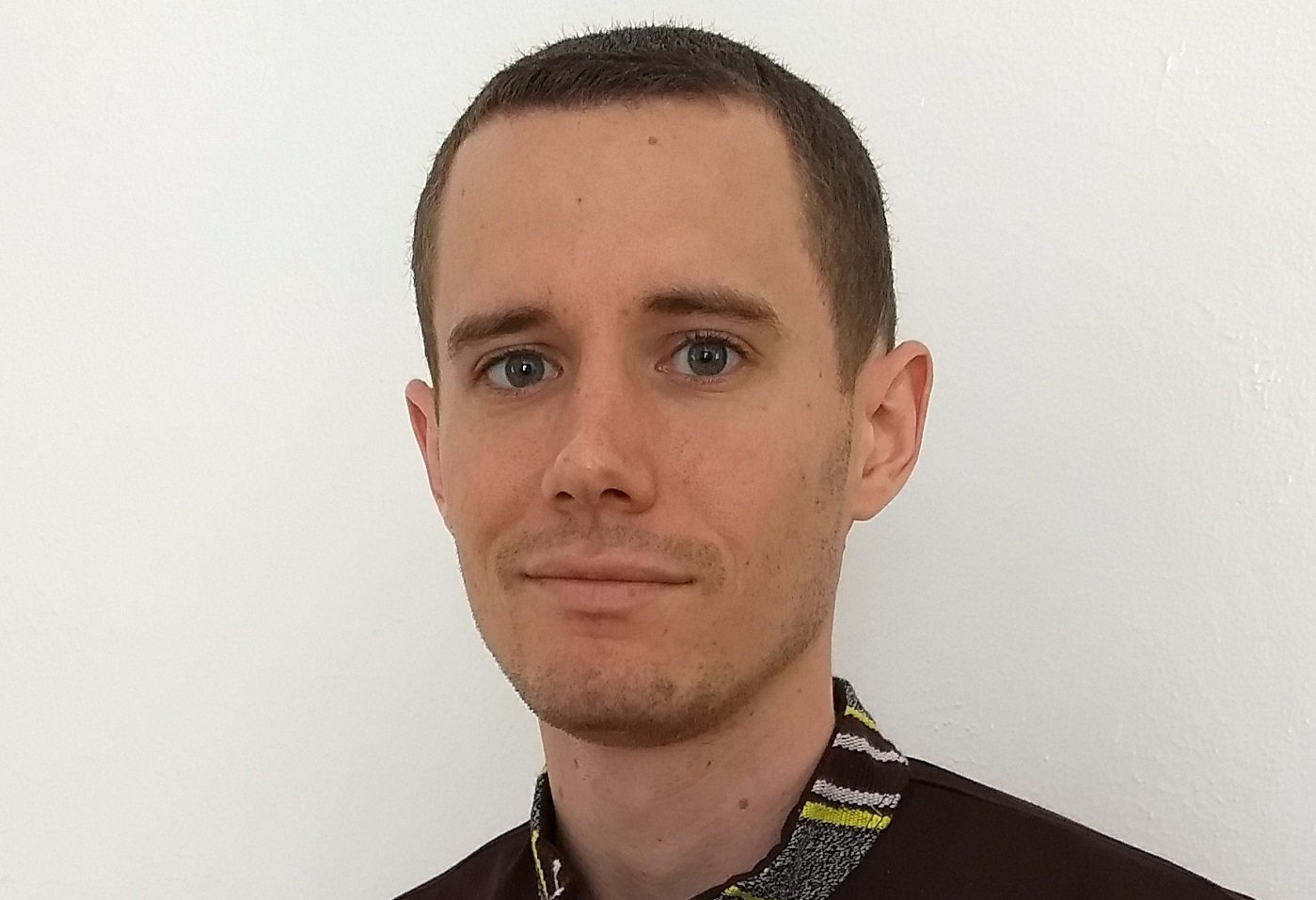Public History MA student, Isabella Bartels, Wins Spot in 2025 KEITS Climate Leaders Program Cohort

Public History MA student, Isabella Bartels, successfully competed for a spot in the 2025 cohort of The Kenan Institute for Engineering, Technology & Science Climate Leaders Program, which includes $12,000 for a summer internship and $1,000 in research support. We spoke to her about this notable achievement.
What is the Kenan Institute for Engineering, Technology & Science (KIETS), Climate Leaders Program
It’s a cohort of students and mentors. Dr Matthew Booker will be my mentor through this process. The cohort consists of approximately fifteen students, primarily from the sciences, who are passionate about finding realistic solutions to climate change and collaboration. It was my opinion that the cohort needs more people from the humanities because scientists don’t always realize the historical importance of their work.
Our cohort will have monthly seminars as well as a three-day retreat, where you acquire practical skills in climate change communication and in climate change legislation which is what I’m primarily interested in. You also complete a pre-selected internship. In the fall, there’s a symposium coordinated by the students presenting on whatever they’re working on.
How did you find out about the Climate Leaders Program?
A week before the application closed, Dr Brent Sirota sent it to Dr Traci Voyles and she sent it to me. Dr Matthew Booker, who is my advisor, encouraged me to apply.
In my application, I mentioned that in the books I’ve read on climate change I’ve noticed that scientists aren’t always the best at spreading their own information in a way that makes sense to general populations. This then can leave it open for politicians to say that scientists aren’t really sure what they’re talking about. So I argue that it’s important for scientists to understand this history of being manipulated. My goal is to learn the technical science terms and understand the methods that they’re using in in new climate research. In turn, I can teach them why the work they’re doing is important and help them learn how to communicate their science effectively.
Is there a particular internship that interests you most?
Yes – I’m just received an internship I’m very excited about with the Core Sound Waterfowl Museum and Heritage Center in the Outer Banks. It is a water fowl carving museum that’s doing a lot of community based work helping people in the Outer Banks prepare for and understand the urgency of climate change. To that end, they have been doing oral histories, holding meetings and writing about climate change.
What do you ultimately want to do with your degree?
I really want to go into a PhD program and be a professor. I’d love to be a constituent of climate change and help legislators understand what they’re doing. And I’d also love to inspire passion in future generations.
Isabella Bartel’s areas of research are environmental history and history of science with a focus on history of climate change science and misinformation.


